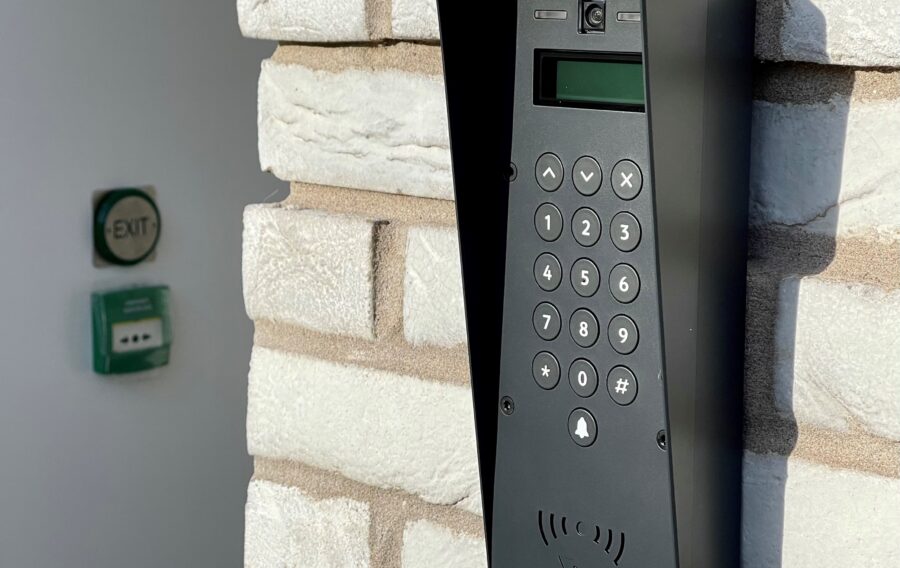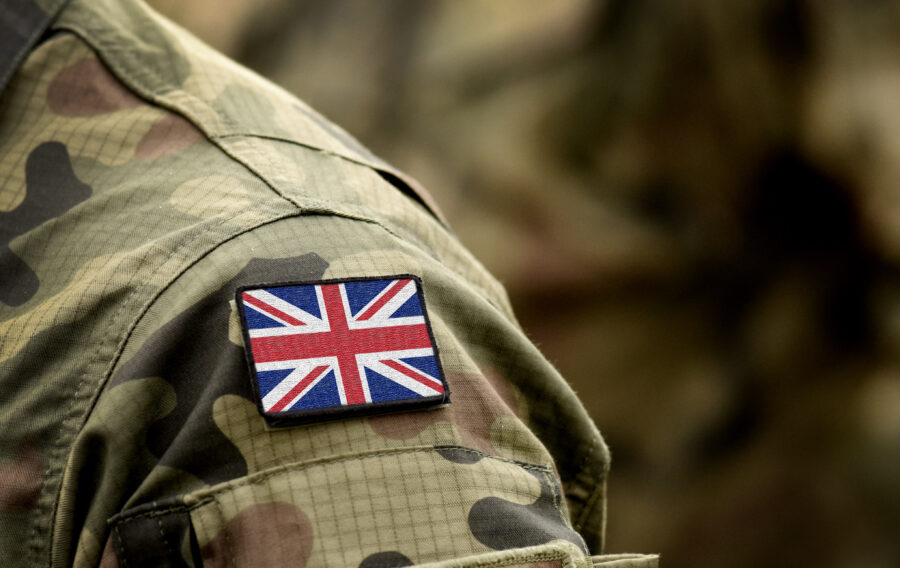Hotel Facilities Management Expo and 10 tips to improve fire safety in hospitality
The hospitality sector is especially vulnerable to fire. Sleeping risks are a main concern for hotels with the most common hazards being smoking materials, electrical appliances, kitchens and storage rooms. In an emergency you will need reliable equipment to ensure the safety of your customers and staff. That’s why Churches Fire & Security recently attended the HFM Expo to offer key advice on the ways to keep your visitors, assets and people safe from fire.
The HFM Expo took place on the 25th and 26th of September at the ExCeL London with a focus on hotels and restaurants. Our main intention was to converse with managers in order to share our knowledge and the services that we have to offer. We are always fully aware of the latest legislation and have worked hard to ensure that our customers are fully compliant.
While there are several fire risks associated with the operation of hotels, there are effective steps you can take to minimise the risks and help those within the building react appropriately in the event of a fire. Below you can find 10 expert tips that will help make your workplace a safer environment.

Top 10 fire safety tips for your hospitality business
These top 10 tips will help to keep your business safe and save you money at the same time; safety is always a priority and should never be left on the backburner.
1. Sensible Storage
Empty cardboard boxes dumped near heat sources can easily create fire hazards. Remove any boxes and combustible items from areas where they could pose a danger.
2. Protect your escape routes
Hospitality premises are busy places with delivery personnel coming and going. Sometimes, a large delivery will be left temporarily in a designated escape route. Make sure that once the delivery is finished, the exit routes are cleared, and stock is moved to an appropriate place.
3. Automatic detection/ sprinkler heads
If anything is stored next to this equipment, it will not work as intended. And never put plastic bags over the detector heads (we’ve seen this happen). If they are faulty, let us know and we’ll correct the problem.
4. Dangerous Ducting
Did you know that many fires start in the ducting above cooking ranges leading to the outlet? This happens because grease deposits build up in the ducts and ignite. To avoid this, ask your cleaning contractor to provide an annual deep clean of all ducts.
5. Fire Extinguisher at the ready?
Are your fire extinguishers visually inspected weekly to confirm they’re ready for use and are not obstructed? Regular staff training should be carried out to familiarise your staff with different types of firefighting equipment and how to use it.
6. Follow the manufacturer’s instructions
Kitchen equipment has the potential to be hazardous if installed incorrectly or misused. Cooking appliances and ovens/deep fat fryers must be properly installed and only used in accordance with the manufacturer’s instructions.
7. Deep fat fryers can be deadly
Commonly used in fast food outlets and restaurants, the deep fat fryer is a common cause of kitchen fires, often from too much oil being used. Once overfilled, the oil can ignite quickly, and these fires tend to spread rapidly. Take care to fill to the appropriate level and never leave unattended. A document cleaning regime must be implemented!
8. Remote power shutdown for an emergency
By installing the right passive fire protection in kitchens, you can help to prevent fire as well as contain the spread of fire. If a fire does start it’s crucial that the power or gas supply can be shut down remotely. This will avert a potentially larger disaster and make things safer for the emergency services.
9. Never leave cooking unattended
The golden rule in preventing kitchen fires is to pay attention to what you’re doing. It’s easy to grow distracted in a busy restaurant or hotel kitchen, so this isn’t always easy. Timers can be useful to alert chef to food that’s cooked, to avoid it being unintentionally left in an over or on the hob.
10. Secure & check the premises
It’s tempting to lock up quickly at the end of a tiring day, but it’s just not worth the risk. We all know how easy it is to forget to turn off an oven, so at the end of each day, a final check should be carried out to ensure that all cooking appliances and equipment are correctly switched off.
If you would like to find out more about how Churches Fire & Security can help you and your business, call our customer development team on 0330 822 3744 or complete the form on our contact page.
MORE INFORMATION





